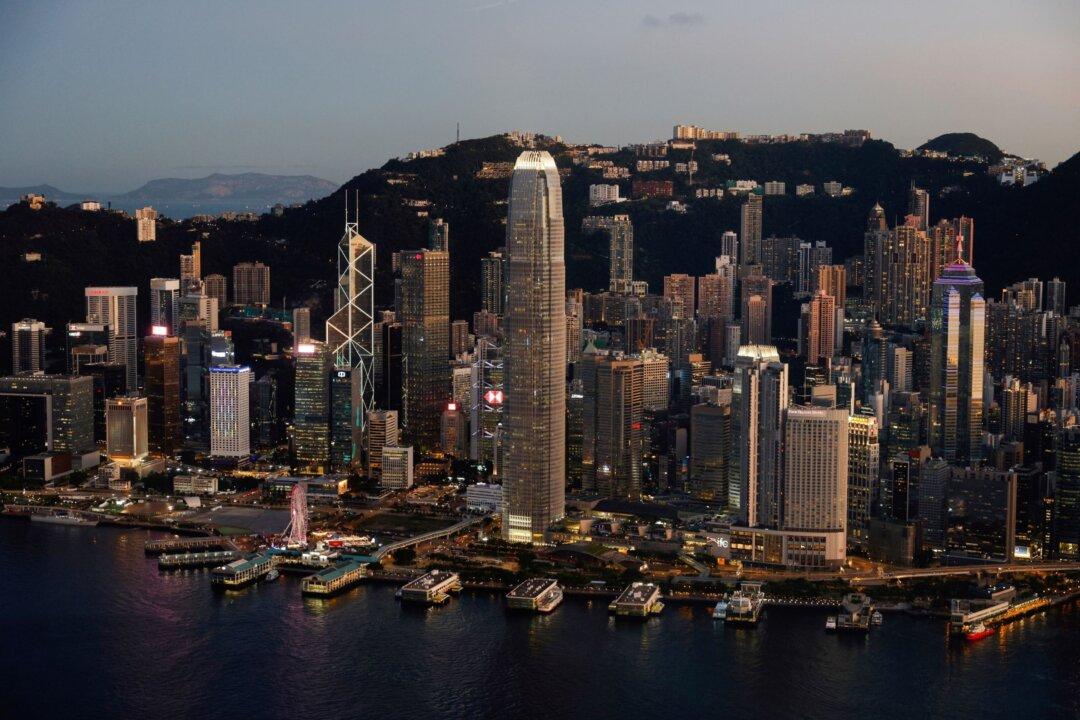China has unexpectedly cut rates on policy loans for the first time since April 2020 in the face of lowered economic performance owing to critical power shortages, defaults in the property market, a crackdown on major companies, and repeated COVID-19 outbreaks.
The interest rate on 700 billion yuan ($110.2 billion), one-year, medium-term, lending facility (MLF) loans was reduced by 10 basis points to 2.85 percent by the People’s Bank of China (PBOC) on Monday. By the same margin, the rate on seven-day reverse repurchase agreements, or repos, was reduced to 2.1 percent. Another 100 billion yuan ($15.7 billion) worth of reverse repos were offered into the system while 500 billion yuan ($78 billion) worth of MLF loans were coming due Monday.





